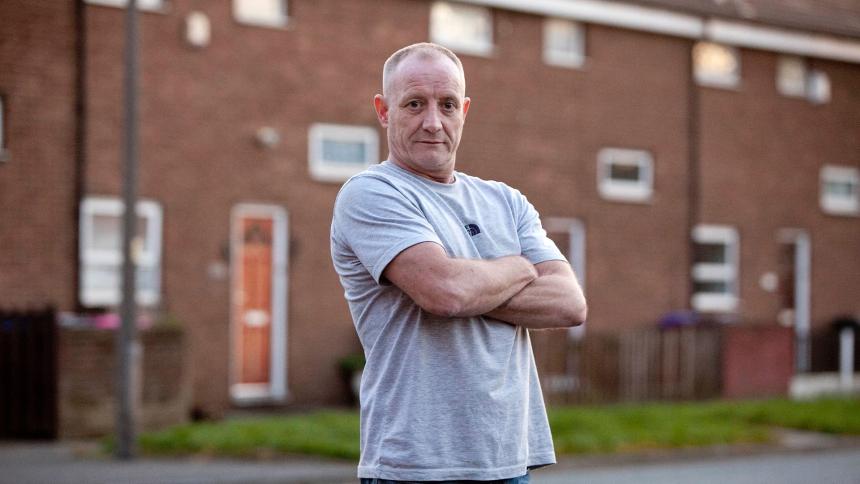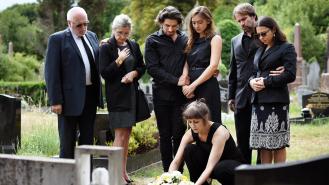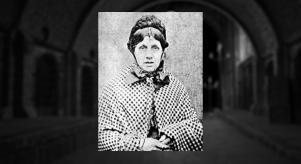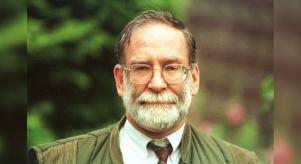
Assassination of Mr Big: The story of Paul Massey
Paul Massey was a notorious figure in the UK’s organised crime scene until his death in 2015. The careered criminal’s life encapsulated the dangerous gang activity that terrorised the North of England’s gangster underworld for two decades.
However, in an event that sent shockwaves throughout the country’s criminal underbelly, Paul Massey, aka 'Mr Big', was murdered outside his home in Salford. This article explores Massey’s career of violence, the events surrounding his death and the subsequent police investigation.
A career criminal
Born in Salford in 1961, Paul Massey grew up in a working-class environment and would later become involved in illegal activities. His participation in organised crime began in the late 70s while he was still a teenager. Starting with petty crime, Massey quickly rose through the ranks engaging in a variety of illegal activities including extortion, drug trafficking and loan sharking.
By the 1980s, Paul Massey had established himself within the criminal circuit and secured connections with several notorious gangs and figures, including the infamous 'Quality Street Gang'. This group was known for its ruthless enforcement of territorial claims and violent reprisals against rivals.
Mr Big
As Massey's reputation for violence and intimidation helped solidify his position as a powerful figure, he became known to all those within the criminal underground as ‘Mr Big'.
As well as his street-level operations, Massey was also known for his high-level business acumen. The gangster also spent his time and money investing in legitimate business opportunities to use as a front for illegal enterprises – operating both above and below the law.
This made him a complex character people respected and feared at the same time.
Gang activity and influence
Aside from being big in the Manchester gang scene, Massey’s influence extended far beyond just one region. After a while the infamous criminal became a central figure in broader organised crime circles in the north, due to his strategic ability to negotiate truces between rival gangs and forge alliances. He was a peacemaker and wanted to expand his territory with as little fallout as possible.
Massey might have been a peacemaker when it suited him, but his violent reputation was never far away, and he was involved in several altercations. Although these incidences fuelled his notoriety, they painted him as an incredibly dangerous figure in the eyes of the police.
The murder of Paul Massey
Massey’s reign finally came to a brutal end on 26th July 2015, when he was shot dead outside his home in Clifton, Salford. The pre-meditated attack saw several masked shooters approaching Massey as he was entering his property. Reports suggest that he sustained multiple gunshot wounds before collapsing on the street.
Due to the brutality of the attack, it was deemed a calculated hit rather than a random shooting, causing speculation about who was behind the murder – was it a rival gang? Or it was someone from Massey’s inner circle?
His death highlighted the ever-present dangers within the criminal world, where alliances can shift rapidly, and loyalty is often as fleeting as it is dangerous.
Police investigation and aftermath
After Massey’s vicious murder, Greater Manchester Police launched an investigation to unravel the details surrounding his death. It involved extensive surveillance operations, intelligence to try to find potential motives, and tracing the killers. The high-profile nature of the case meant the pressure to find answers was on.
Despite some key witnesses being too afraid to come forward due to retaliation, police were able to make several arrests in connection with the murder. The main suspect was Mark Fellows. It was determined that Fellows shot Massey in the chest with an Uzi machine gun as part of a deadly feud between both gangs.
A seven-week trial at Liverpool Crown Court took place where the jury heard how Massey was shot 18 times before trying to find cover behind his bins.
The murder of Paul Massey serves as a stark reminder of the realities of organised crime. Nearly a decade on from Massey’s killing, law enforcement continues to grapple with the challenges posed by the ever-present criminal underworld.








